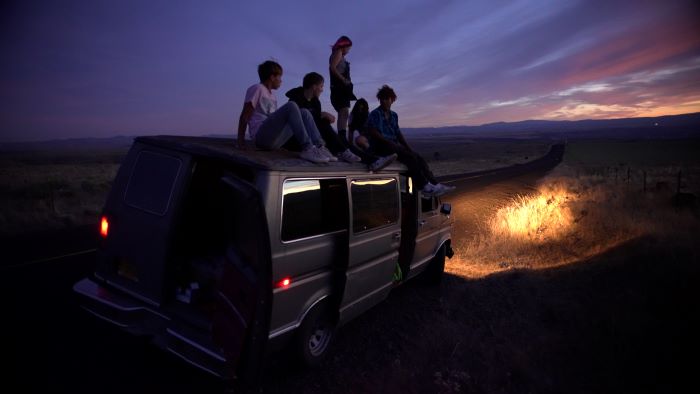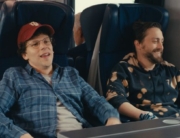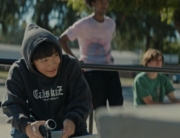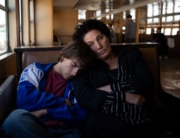The summer after high school graduation is perhaps the last time when youthful energy is given full rein, free of consequences. As such, it is the perfect vehicle for nostalgia, and many films set during this time testify to the infectious urge to relive this summer that passes too quickly. Some are concerned mostly with the departure from high school itself and are set in fairly affluent communities (Superbad and Dazed and Confused come to mind).
On the other hand, the new film from brothers Bill and Turner Ross turns its gaze elsewhere. High school is alluded to but never seen, and the kids are from households in inland Oregon with few resources and options. Some of them have been forced to act as adults in a family when parents are largely absent—one has a father who was deported. Another is thinking of joining the military because he doesn’t know what else to do. They all know they will soon need to get jobs, but they are determined to have one last hurrah before they embrace this fate. So, they pack themselves into a battered van and head for the Pacific Coast.
Gasoline Rainbow is filmed in an intentionally offhand manner, sometimes with a handheld camera and a blurry lens, with images of Polaroids taking over the screen. Some shots are more highly wrought, but mostly the directors make use of a lo-fi aesthetic. The dialogue (which was improvised) is casual, and much of it comprises sweetly banal jokes and observations. The locale, except for downtown Portland, is out of the way. There these working-class kids usually find themselves among generous, bohemian strangers (an older cousin being an exception) who listen to them, share stories, and offer advice. Though there are a few dramatic events (the van’s tires are stolen), there is little conflict. Mostly, the kids drift, meet people, and stay in good spirits.
There are very striking aspects to this movie. The camerawork, the improvised dialogue, and strong acting lend a sense of both intimacy and authenticity to the action, and the film admirably embraces wayward America and focuses on those who have low expectations. But these strengths also work against it. The pace sometimes feels slack, and though the improvisation is supposed to create a naturalistic tone, often the conversations feel contrived—a few too many fall neatly into the form of life advice. These kids also never really argue with each other. They are in too great harmony for a journey with the risks that theirs entails. Add to this that the voice-overs are too full of obvious insight not to feel heavy-handed and are therefore at odds with the overall casual style of the film.
Nevertheless, it is heartening to see these kids experience their own youthful transcendence by the end. This is all the more affecting because we do not know how this trip will affect the rest of their lives.







Leave A Comment